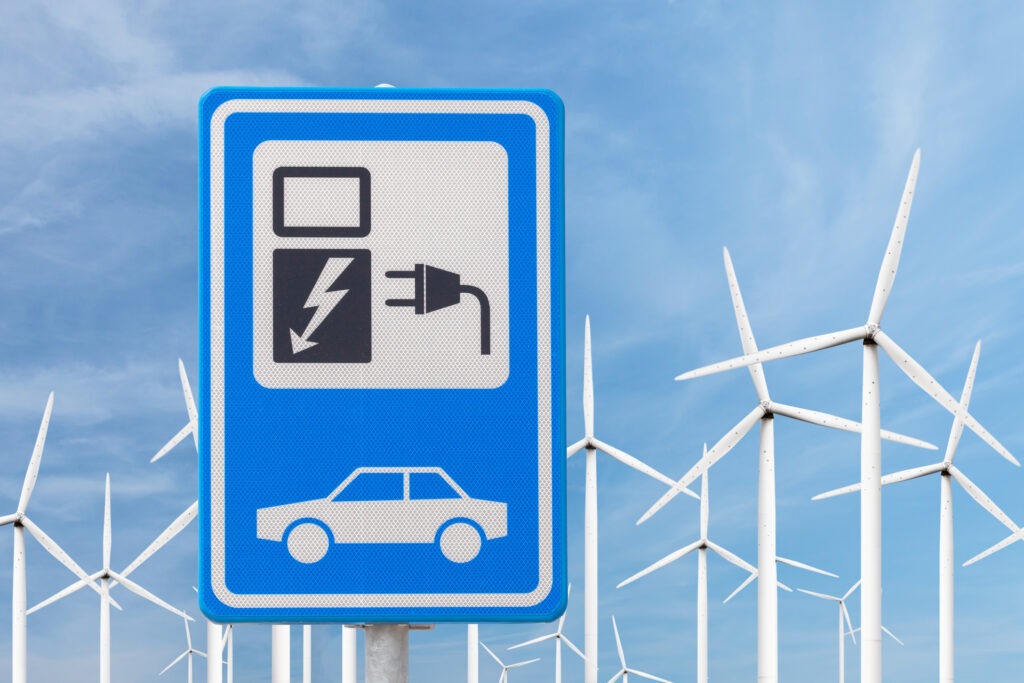Key European new-car markets face upheaval despite growth
10 August 2023

July saw the new-car markets of France, Italy and Spain continue to post year-on-year gains. With 128,947 registrations, France saw the greatest growth of 19.9%, followed by Spain with 10.7% (81,205 units) and Italy with 8.8% (119,207 units).
When analysing the year-to-date figures, Spain saw 586,626 registrations in the first seven months of 2023, climbing 21.9% on the same period last year. Meanwhile, France’s tally hit 1,018,724 units, up 15.8%, and Italy’s new-car market grew by 21% with 960,765 registrations.
But each country is facing automotive uncertainty. A localised ecological bonus promises to stir up French registrations as of next year. Meanwhile, Italy awaits incentive changes, and Spain’s political situation could be influencing purchasing decisions.
Additionally, judging the overall recovery of these markets, following the disruption caused by COVID-19, has been complicated by using 2022 as a point of comparison. Last year does not offer a balanced reference point, as supply chain disruptions lead to delayed deliveries. When backlogs started clearing towards the end of the year, this led to higher-than-average figures, which will also mean distorted comparisons.
Comparing July 2023 with July 2019, all three markets saw steep declines. Spain’s new-car market shrank by 30.3%, France’s fell by 25.1% and Italy’s dropped by 22.2%. The outlook provided by EV-volumes.com (part of Autovista Group) also reveals a slow recovery in the coming years.
In July, France and Italy saw slightly lower performances than EV-volumes.com expected. However, the major change came from Spain, which saw a more distinct drop against forecasted levels. Now, the 2023 forecast for all three markets has been marginally revised downwards.
By the end of the year, France is expected to see growth of 8.4% compared with 2022, Italy 12.2% and Spain 10.5%. The following years will see lower levels of growth, falling into declines around 2031 and 2032 before recovering slightly.
Localised French eco bonus?
Data published by the French carmakers’ association, the CCFA, revealed that the French new-car market grew 19.9% year-on-year in July with 128,947 registrations. This pushed the year-to-date tally to 1,018,723, equating to an increase of 15.8% compared with the same period in 2022.
Using monthly figures as a percentage of the end-of-year total and calculating an average based on an extended period, the seasonally-adjusted annualised rate (SAAR) offers a more balanced result. The SAAR in France fell from 1.75 million in June this year to 1.69 million in July.
The French government is keen to make transportation more climate-friendly. This has led to the implementation of low-emission zones and the offering of purchase incentives for electric vehicles (EVs). But the latter could be about to change drastically.
Media reports from the likes of Les Echos revealed that the French government is planning to overhaul the ecological bonus. Come January 2024, subsidies may require compliance with six environmental criteria, with an emphasis on European production.
Using a 100-point grading system, cars look to be scored on their total emissions footprint from point of manufacture to delivery. Battery-electric vehicles (BEVs) with less than 60 points will not be eligible for subsidies, except for city cars with fewer than five seats and a maximum range of 180km.
An important aspect of this localised subsidy system is to encourage the use of locally produced batteries, as many currently come from China. But while Europe has drawn up a number of gigafactory blueprints, getting these sites operational and integrated into supply chains will take time.
EV-volumes.com expects the French new-car market’s growth to be slightly more stunted at the end of this year, reaching 8.4%. After a short dip in 2024 and 2025, 2026 can be expected to bring marginally improved figures. Over the following four years, the market is expected to fall towards a decline in 2031 and 2032, before making a marginal comeback.
Slow summer for Italy
Italy’s automotive industry association, ANFIA, revealed that last month the country’s new-car market grew by 8.8% compared with July 2022, recording 119,207 registrations. In the year to date, 960,765 units were delivered, up 21% year on year.
Roberto Vavassori, president of ANFIA, pointed out that while the summer will mean a drop in sales, the industry is waiting on the remodulation of purchase incentives for climate-friendly cars. This should provide a boost to the further adoption of ultra-low and zero-emission vehicles, encouraging consumers to get on board with Europe’s green mobility goals.
Italy saw BEVs capture 3.4% of the market last month, with registrations climbing 14.5% year on year. The year-to-date figures were slightly higher, with a share of 3.8% and a sales growth of 29.1%. Meanwhile, plug-in hybrids (PHEVs) saw registrations climb by 4.3% in July, taking a 4.4% share. Since the beginning of the year, PHEV registrations have climbed by 5.1%, taking up 4.6% of the market.
Meanwhile, petrol cars saw a 5% registrations growth last month, with a share of 28.9%, while diesel fell by 5.6% (17.7% share). In the year to date, petrol models saw registrations increase by 21.4%, while diesel climbed by 13.9%, with respective shares of 28.2% and 19%.
The SAAR in Italy fell from 1.5 million in June to 1.49 million in July. EV-volumes.com now expects new-car registrations in the country to increase by 12.2% year on year by the end of 2023, reaching roughly 1.47 million units.
Political turbulence in Spain
Following a remarkable June which saw 101,085 registrations, Spain’s new-car market fell to 81,205 units last month. While this was up 10.7% on July 2022, industry association ANFAC pointed out that the month normally sees over 100,000 sales. Even with production stabilising and encouraging pushes from business channels, the uncertainty surrounding the country’s electoral period has been identified as an influencing factor.
‘Political uncertainty increases the risk that the economy will slow down, in a context that already contains business and household consumption, especially as a result of the rise in interest rates derived from the tightening of monetary policies,’ said GANVAM's communication director, Tania Puche.
Last month saw deliveries to companies reach a total of 35,132 units, 13.2% more than in 2022. But in the reversal of a recent trend, rental car registrations fell by 0.5%, with 10,962 units. Individuals accounted for 35,111 sales, up 12.1% on July 2022, but down 39% on the same month in 2019.
‘The priority for the new government that arrives is to take measures to recover a market that must be, at least, above one million units, a previous step to reach 1.2 million passenger cars and 1.5 million vehicles per year,’ said Félix García, director of communication and marketing of ANFAC. He warned that if this level is not reached, the parc renewal will not take place and neither will the movement of more sustainable vehicles needed to comply with Fit for 55.
The SAAR in Spain shrank to 854,707 units in July, down from 943,391 in June. EV-volumes.com forecasts a 10.5% year-on-year increase in new-car registrations by the end of 2023. After that, marginal growth not exceeding 5% can be expected before reaching a period of decline in 2031 and 2032, followed by a slight market uptick.



